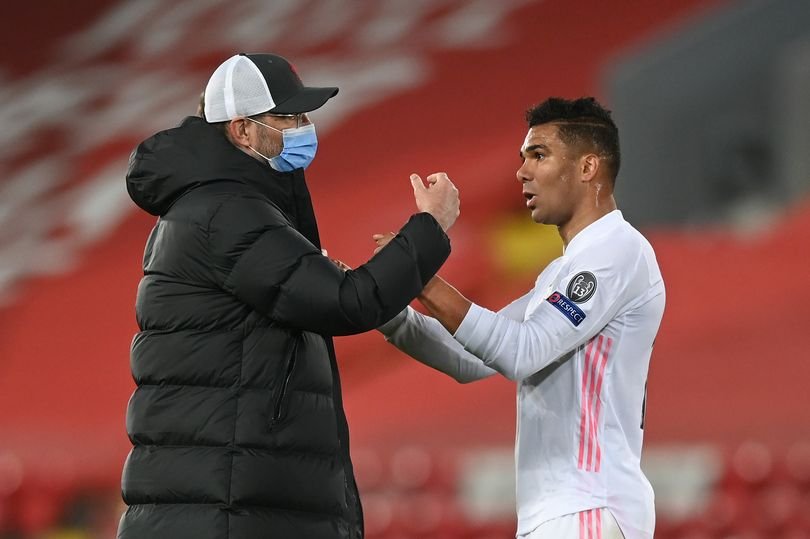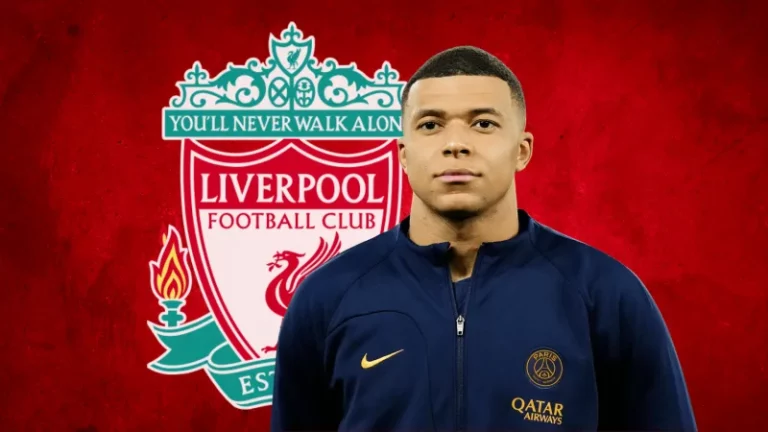
Liverpool looked as though it may face a transfer problem this summer, but Jürgen Klopp has navigated the potential danger without too much difficulty.
Liverpool has seemingly been unable to resist the temptation to cash in on Fabinho. While the transfer had stalled for a time over payment terms, it appears to be back on track, offering a major unexpected boost to FSG’s self-sustaining model.
That deal will give Jürgen Klopp plenty of money to reinvest as the midfield rebuild hurtles along at a pace nobody had anticipated. And while Liverpool will have to navigate a relative scarcity of elite defensive midfielders on the market, especially within its preferred age range, the exciting possibility of an all-new starting trio is moving ever closer.
After all, Alexis Mac Allister and Dominik Szoboszlai are already through the door. Although the likes of Curtis Jones and Harvey Elliott will no doubt have something to say about it, the new duo certainly boast a strong case for the advanced number eight roles in Klopp’s new system.
That’s because Liverpool has signed more than just potential. It has picked up two proven, elite-level players, boasting ample Premier League and Champions League experience respectively. The rejuvenation in the center of the park may have been a long time coming, but the recruitment team has minimized the risks involved as much as humanly possible, signing ready-made talents who can slot straight in.
Obviously, these players were admired beyond the four walls of Anfield. In May, The Athletic credited Manchester United with a serious interest in Mac Allister, and claimed that the World Cup winner wanted Champions League football in order to be tempted to leave Brighton.
This was something of a fear heading into the transfer window. What would be the impact of missing out on the Champions League? Clearly, it has been a financial blow for Liverpool, but there were question marks over what it might mean for the continued ability to attract world-class talent.
If there’s one thing Saudi Arabia has proved this summer, it’s that money talks. As Odion Ighalo candidly admitted, trophies don’t pay the bills, and many players will be tempted to move more or less anywhere if the wage packet is big enough. Manchester United employed a similar tactic last summer, attracting serial winner Casemiro from Real Madrid — despite not being able to offer Champions League football — with a wage packet in excess of $454k (£350k/€407k) per week, per The Athletic.
But this has never been the Liverpool way under FSG. The owners broke from their usually strict wage structure to offer Mohamed Salah a bumper new deal last summer, putting him on a similar salary to Casemiro, but those kinds of figures are yet to be offered to new signings at Anfield.
Indeed, whereas Manchester United could try to spend its way back into the Champions League last summer, the reality of the FSG model is that Liverpool will actually need to be more conservative while that particular revenue stream is out of action. That means transformative players like Casemiro need to be tempted by something other than money.


